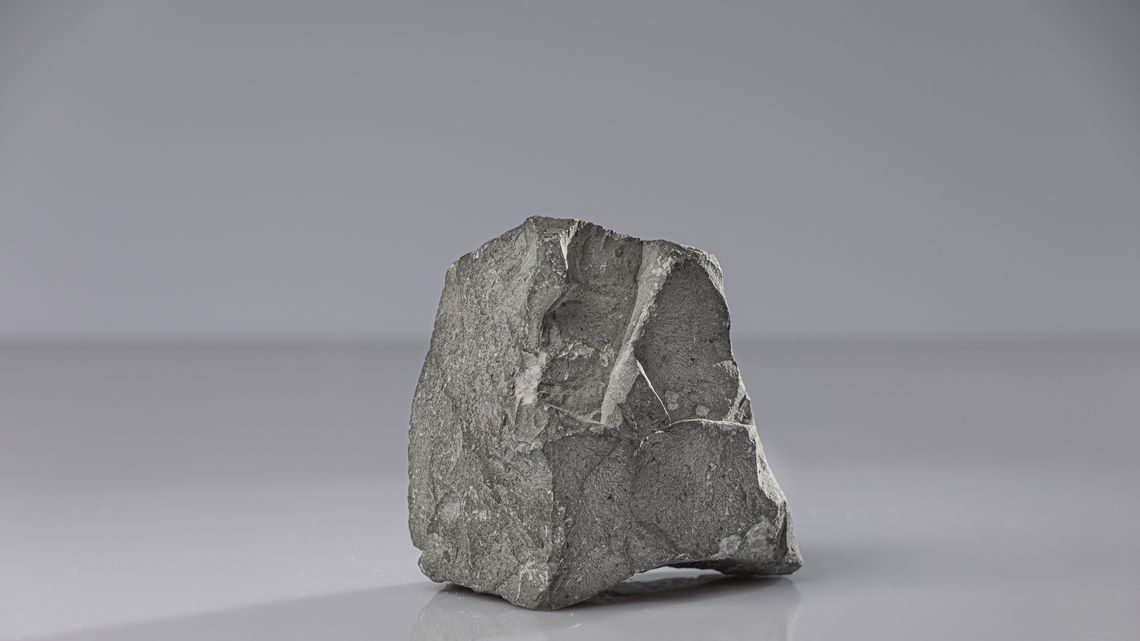
MACH-2
Feasibility study for the preparation of a twin hole disposal configuration test at the Mont Terri URL
The current reference disposal concept in a clay formation in Germany is based on the emplacement of heat-generating waste in vertical boreholes with a maximum depth of 50 m. How strongly, thermally induced interaction between adjacent emplacement boreholes affects a system of vertical boreholes in claystone has not yet been investigated in-situ. However, these interaction effects need to be considered, as in a real repository the emplacement boreholes are drilled successively. Depending on the delivery and necessary cooling-off time of the containers at the interim storage facility, they are filled at corresponding intervals. The main goal of the suggested in-situ experiment is to investigate the THM interaction of two adjacent emplacement boreholes that are filled and heated at different times. The project is to be planned and carried out jointly by DBE TECHNOLOGY GmbH and GRS. A location for this experiment has been found at the URL in Mont Terri, Switzerland, which is located in an Opalinus-clay formation. The exact location of the experiment has been set within the so-called “sandy facies” which is similar to the German part of the Opalinus clay. Since time and costs involved in such a major project cannot be reliably estimated without sufficient information, this feasibility study was carried out to establish a solid basis for planning and implementation. Detailed design calculation were a major part of this study, which allowed the development of a suitable experiment configuration and measurement concept. Potential subcontractors were identified, and corresponding quotations necessary for the budget planning were obtained.
Contact
Research & Development
info@bge-technology.de
Short Infos
Runtime: 2008 - 2009
Client:
Bundesministerium für Umwelt, Naturschutz, nukleare Sicherheit und Verbraucherschutz (BMUV) vertreten durch das Karlsruher Institut für Technologie, beauftragter Projektträger Karlsruhe PTKA
Funding Code:
02E10508

